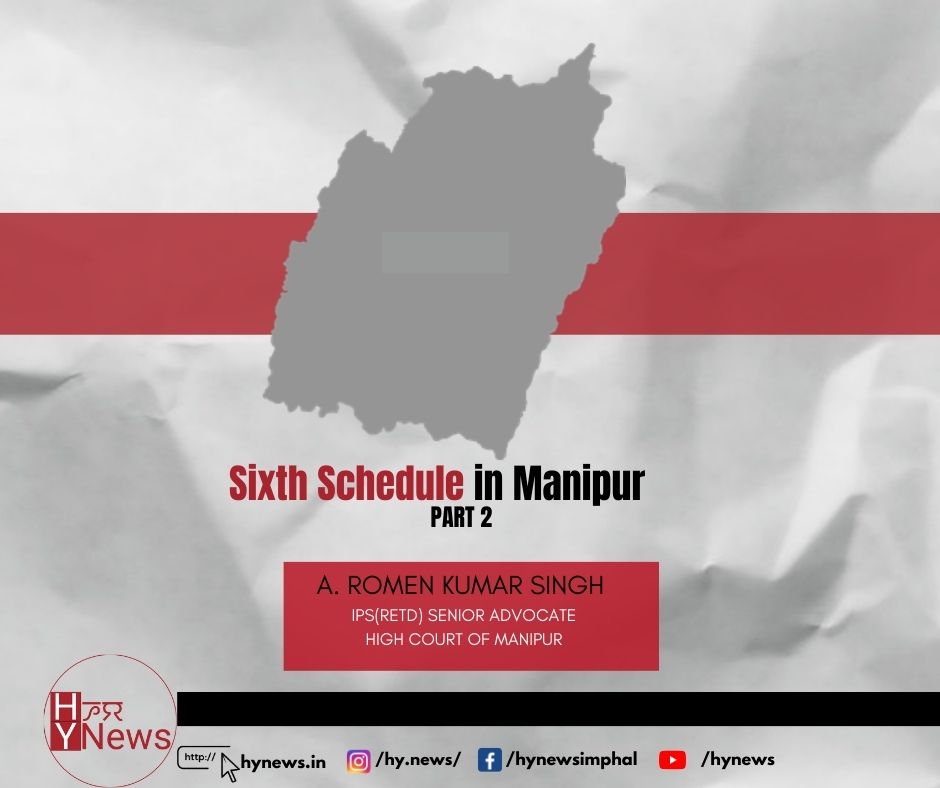
By:
Romen Kumar Singh, IPS(Retd)
Senior Advocate, High Court of Manipur
Observation of sub-committees is preservation of social customs from erosion and safeguarding traditional vocations.
The joint meeting of the two sub-committees held in August, 1947 observed, inter alia, that primarily the government policies relating to the tribes and tribal areas had been the preservation of their social customs from sudden erosion, and the safeguarding their traditional vocations without the danger of their absolute exploitation by the more sophisticated elements of the population.
At the same time the sub-committees recognised the fact that the keeping the tribals in isolation should not continue for an indefinitely long period, and, therefore, the alternative government policy should be to raise their educational level and standard of living to such extent that they might in course of time be assimilated with the rest of the population: the sub-committee did not find it advisable to remove the administrative distinction between the backward areas and the rest of the country and thus recommended that while certain areas like Sambalpur in Bihar and Angul in Orissa need not further be treated differently from the regularly administered areas, other tribal, excluded and partially excluded areas need a simplified type of administration to protect the tribals from exposure to the complicated system of the ordinary law courts and from the exploitation of the traders and money lenders who used to take advantage of their simplicity and illiteracy, and deprive them from their land and right of survival.
The sub-committee recommended that the areas predominantly inhabited by aboriginals in the provinces other than Assam should be known as "Scheduled Areas"; whereas the area predominantly inhabited by aboriginals in the state of Assam and mostly being frontier or border areas should be known as 'Tribal Areas". The recommendations of the two Sub-Committee should not be considered by the Constituent Assembly in its session in July, 1947, when the Broad principles of the Constitution were settled, since, as stated by Dr, Ambedkar, the same were received too late.
However the Drafting Committee considered the recommendations and the draft prepared by the Sub-Committees, at the stage of drafting and suitable provisions including Schedules V and VI were included in the draft constitution of February, 1948, and thus, provisions of VI Schedule germinates in the Constitution of India.
Sixth Schedule :
The provisions of the Sixth Schedule to the Constitution have evolved a separate scheme for the administration of the tribal areas in Assam, Meghalaya, Tripura and Mizoram through the institution of District Councils or Regional Councils. These councils are vested with legislative power on specified subjects, allotted sources of taxation and given powers to set up and administer their system of justice and maintain administrative and welfare services in respect of land, revenue, forests, education, public health etc.2.
Provisions of sixth schedule
The various provisions of Sixth Schedule can be briefly summarised as below:
1. Para 1 of the Sixth Schedule deals with tribal areas in each item of the table appended to paragraph 20 of this schedule as autonomous district.
2. Para 2 of the Schedule deals with the Constitution of District Councils and Regional Councils.
3. Para 3 of the Sixth Schedule deals with the powers of the District Councils and Regional Councils to make laws.
4. Para 4 of the Sixth Schedule deals with the administration of justice in autonomous districts and autonomous regions.
5. Under Para 5 of the Sixth Schedule, powers under the Code of Civil Procedure, 1908, and the code of Criminal Procedure, 1898 are conferred on the Regional and District Councils and on certain courts and officers for the trial of certain suits, cases and offences.
6. Para 6 of the Schedule deals with the powers of the District Council to establish primary schools etc.
7. Under Para 7 of the Schedule, District and Regional Funds shall be constituted for each autonomous district council and for each autonomous region. All moneys received shall be credited to the District and Regional Funds in the course of the administration of such district or region as the case may be in accordance with the provisions of the constitution.
8. Para 8 of the Schedule deals with the powers to assess and collect land revenue and to impose takes.
9. Para 9 of the schedule deals with Licences or leases for the purpose of prospecting for or extraction of minerals.
10. Under Para 10 of the Schedule District Council has the power to make regulations for the control of moneylending and trading by non-tribals.
11. Under Para 11, all laws, rules and regulations made under this schedule by a District Council or a Regional Council shall be published forth with in the official Gazette of the State and shall on such publications have the force of law.
12. Para 12 of the Schedule deals with the application of Acts of Parliament and of the Legislature of the State of Assam to autonomous districts and autonomous regions in the State of Assam.
12A: Para 12A deals with application of Acts of Parliament and of the Legislature of the State of Meghalaya to autonomous districts and autonomous regions in the State of Meghalaya.
12AA: Para 12AA of the Schedule deals with application of Acts of Parliament and of the Legislature of the State of Tripura to the autonomous district and autonomous regions in the State of Tripura.
12B: Para 12B of the Schedule deals with application of Acts of Parliament and of the Legislature of the State of Mizoram to autonomous districts and autonomous regions in the state of Mizoram.
20: Para 20 of the Schedule deals with the provision that areas specified in Paras I, II, IIA and III of the table below shall respectively be the tribal areas within the State of Assam, the State of Meghalaya, the State of Tripura and the State of Mizoram.
20A: Para 20A deals with Dissolution of the Mizo District Council
20B: Para 20B of the Schedule says that Autonomous Regions on the Union Territory of Mizoram to be autonomous Districts and transitory provisions consequent thereto.
20C: Para 20C of the Schedule deals with the interpretation of this Schedule.
21: Para 21 of the Schedule deals with the amendment of the Schedule.
13. Under Para 13 of the Schedule, the estimated receipts and expenditure pertaining to an autonomous district which are to be credited to, or is to be made from, the Consolidated Fund of the State shall be first placed before the District Council for discussion and than after such discussion be shown separately in the annual financial statement of the state to be laid before the Legislature of the state under Article 202.
14. Under Para 14 of the Schedule the Governor may at any time appoint a Commission to inquire into and report on the administration of autonomous districts and autonomous regions.
15. Under Para 15 of the Schedule, if at any time the Governor is satisfied that an act or resolution of a District or Regional Council is likely to endanger the safety of India or is likely to be prejudicial to public order, he may annul or suspend such act or resolution and take such steps as he may consider necessary (including the suspension of the council and the assumption to himself of all or any of the powers vested in or exercisable by the council) to prevent the commission or continuation of such act or the giving effect to such resolution.
16. Under Para 16 of the Schedule the Governor may on the recommendation of a commission appointed under Paragraph 14 of this Schedule by public notification order the dissolution of a District or Regional Council.
17. Para 17 of the Schedule deals with exclusion of areas from autonomous districts in forming constituencies in such districts.
18. Para 18 of the Sixth Schedule is omitted by the North-Eastern areas (Reorganisation) Act, 1971 (81 of 1971)
19. Provision of Para 19 of the Schedule relates to transitional provisions to enable the Governor to take steps for the constitution of a District Council for each autonomous district in the State.
....to be continued.....

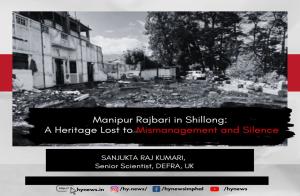





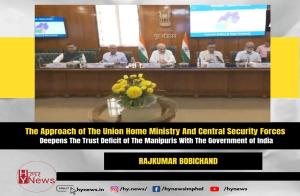
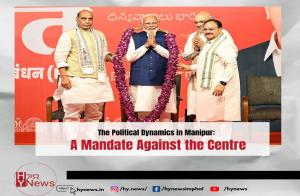


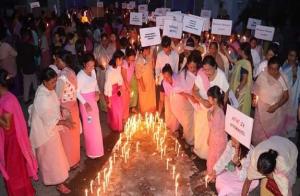


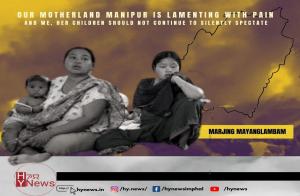
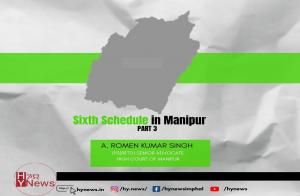
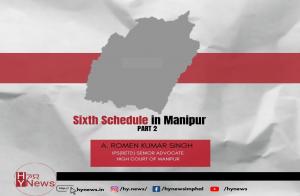
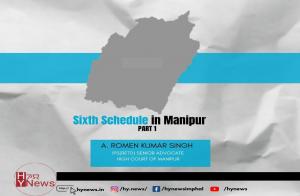







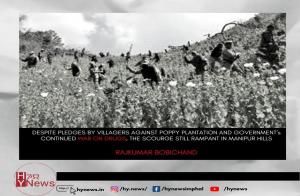

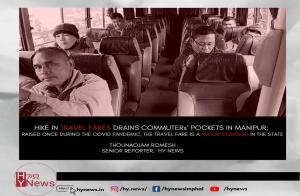








Leave Comments